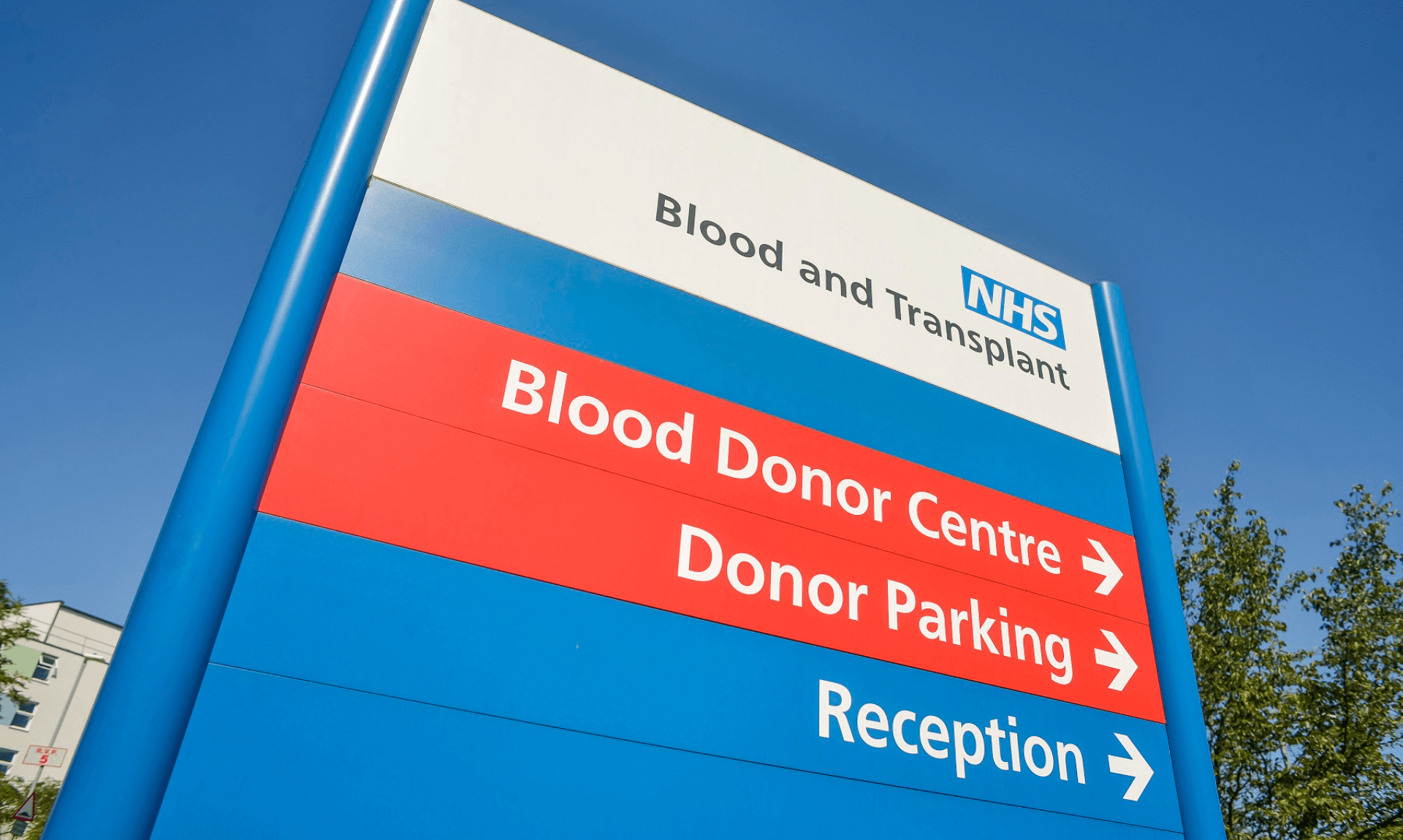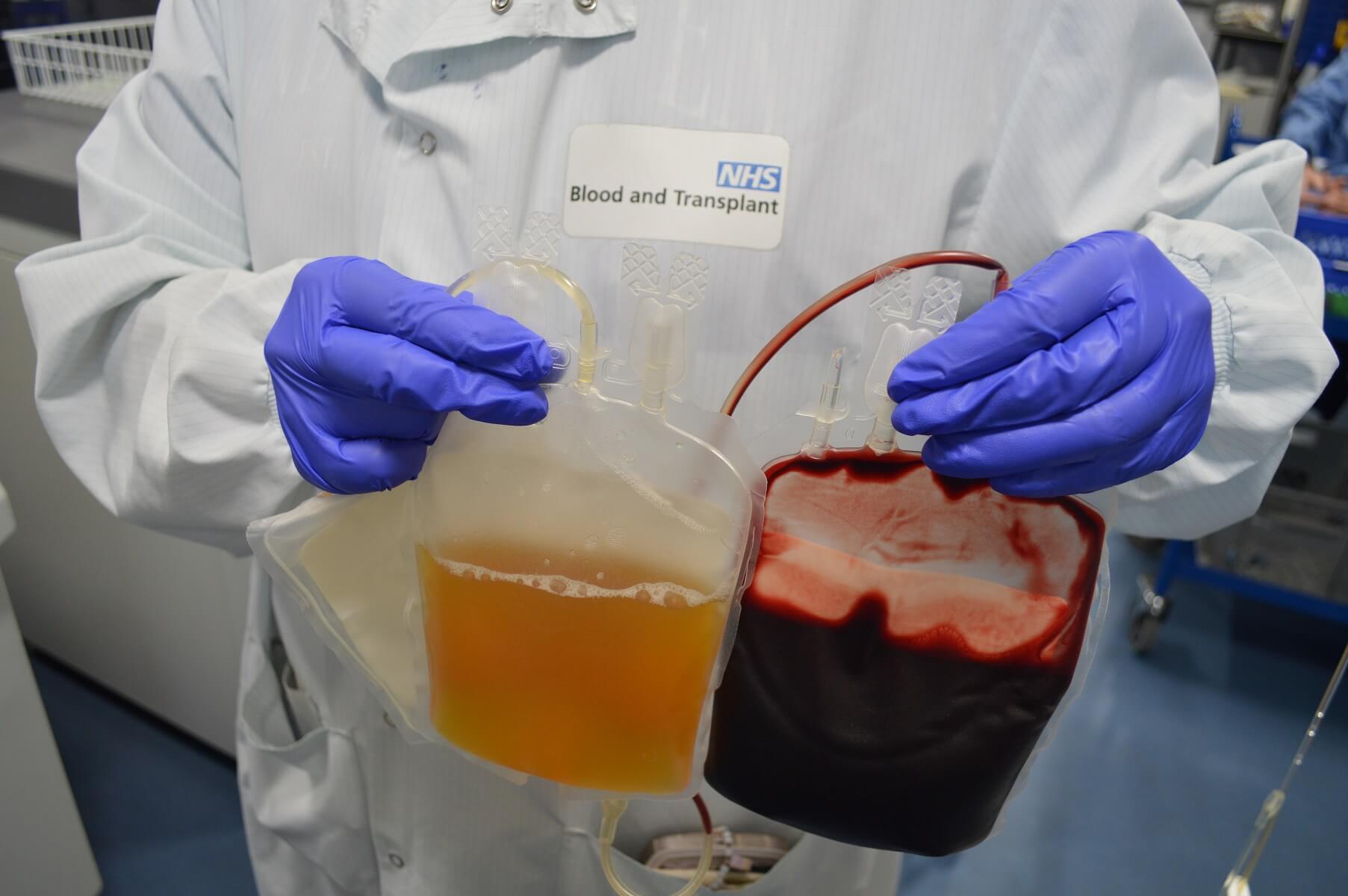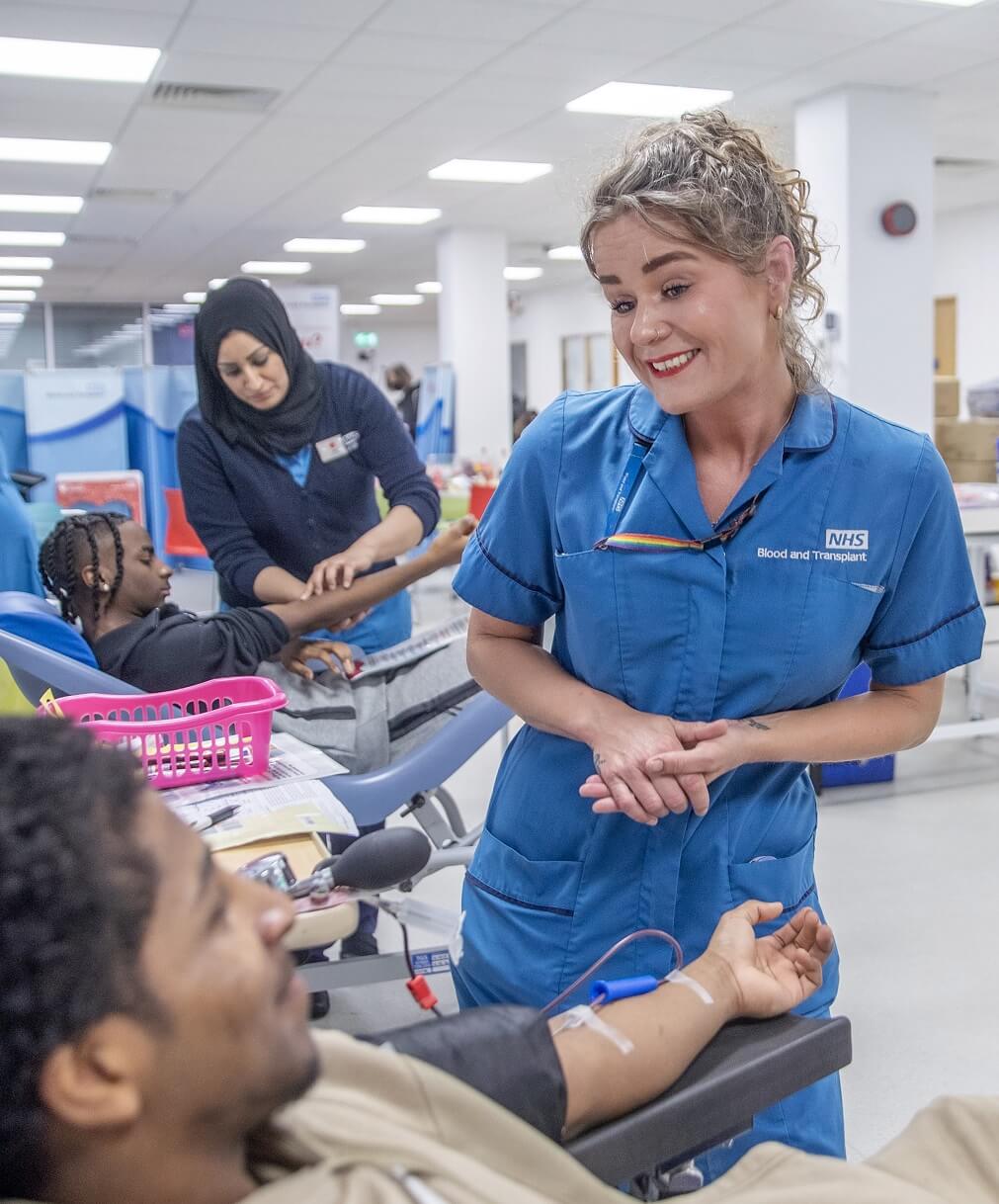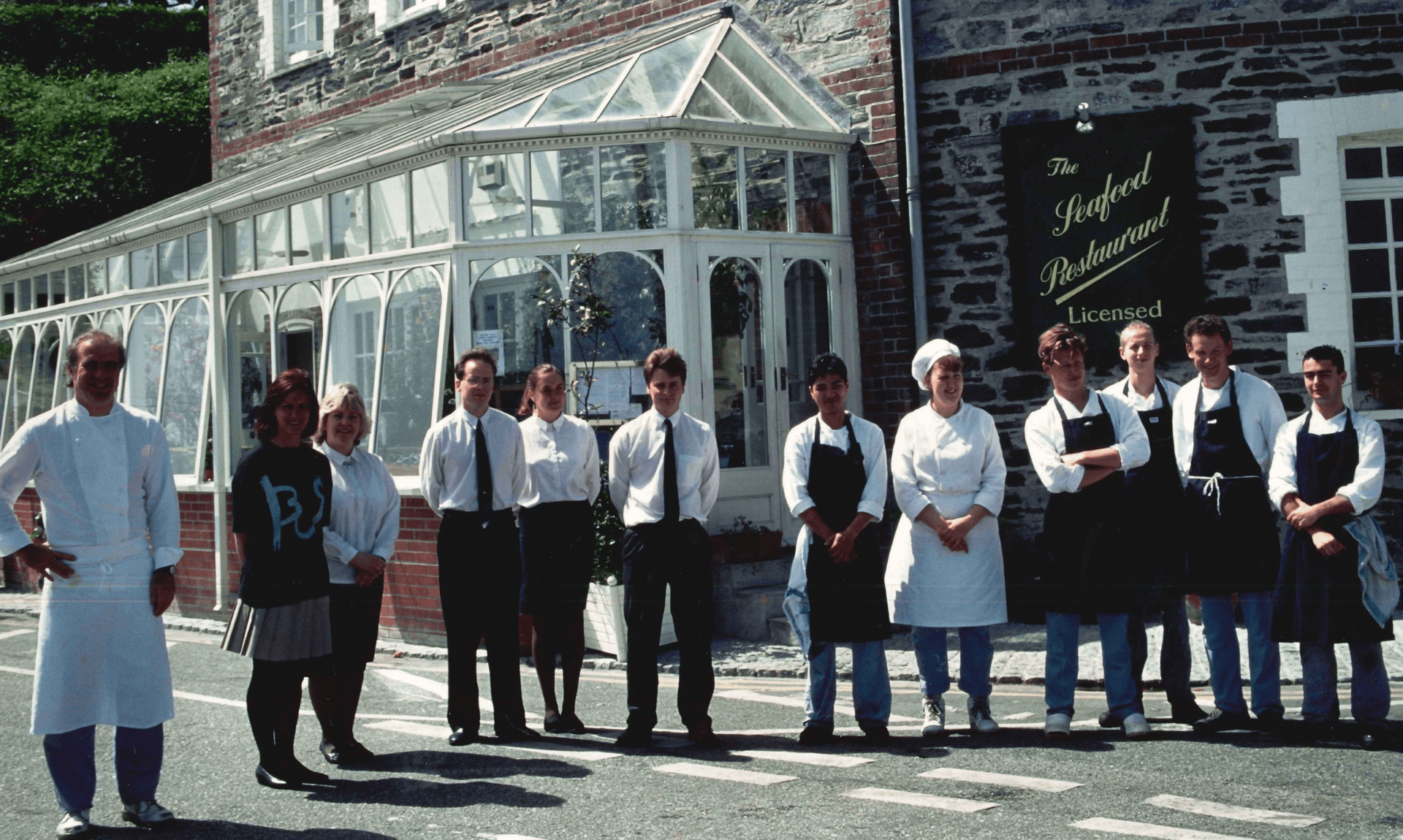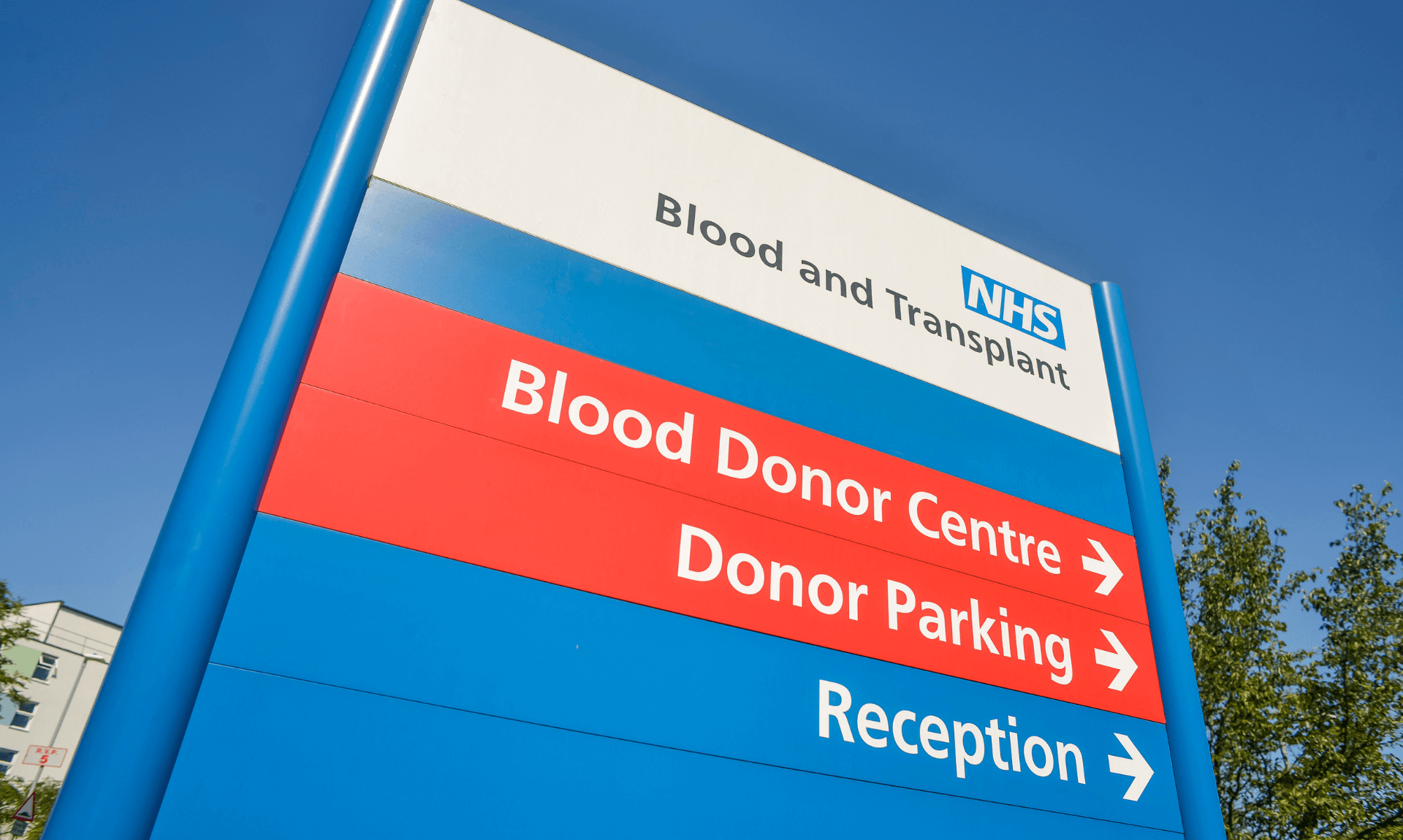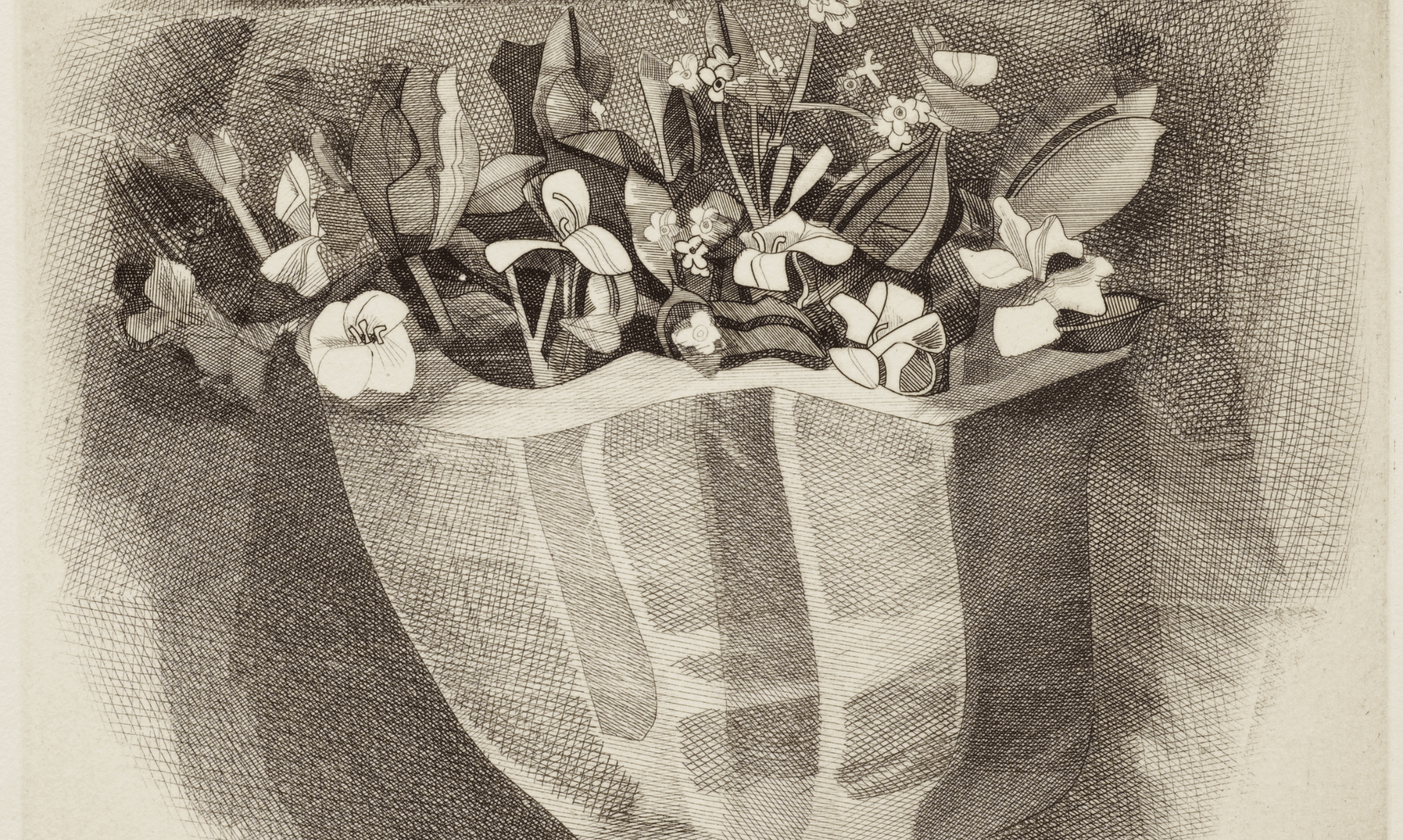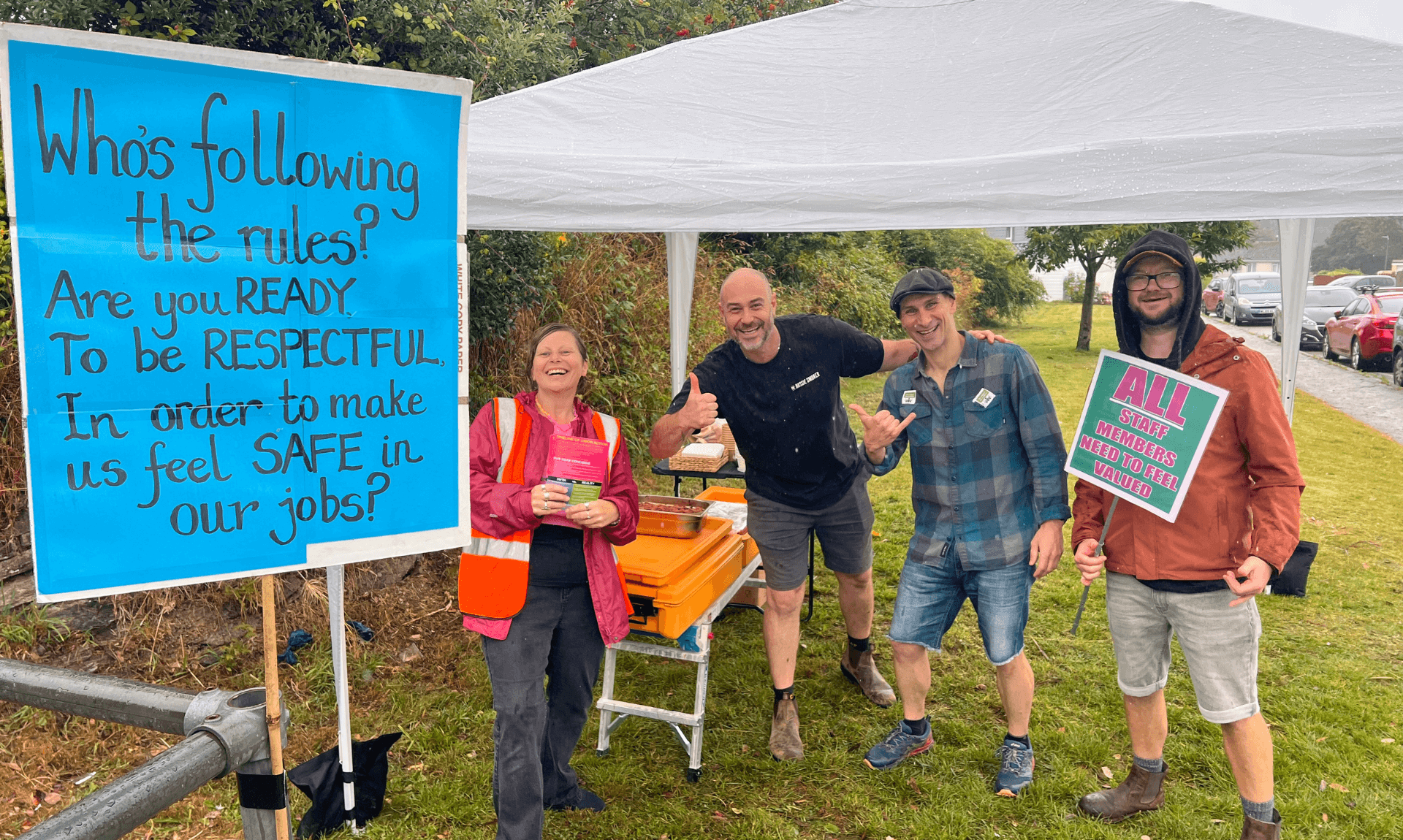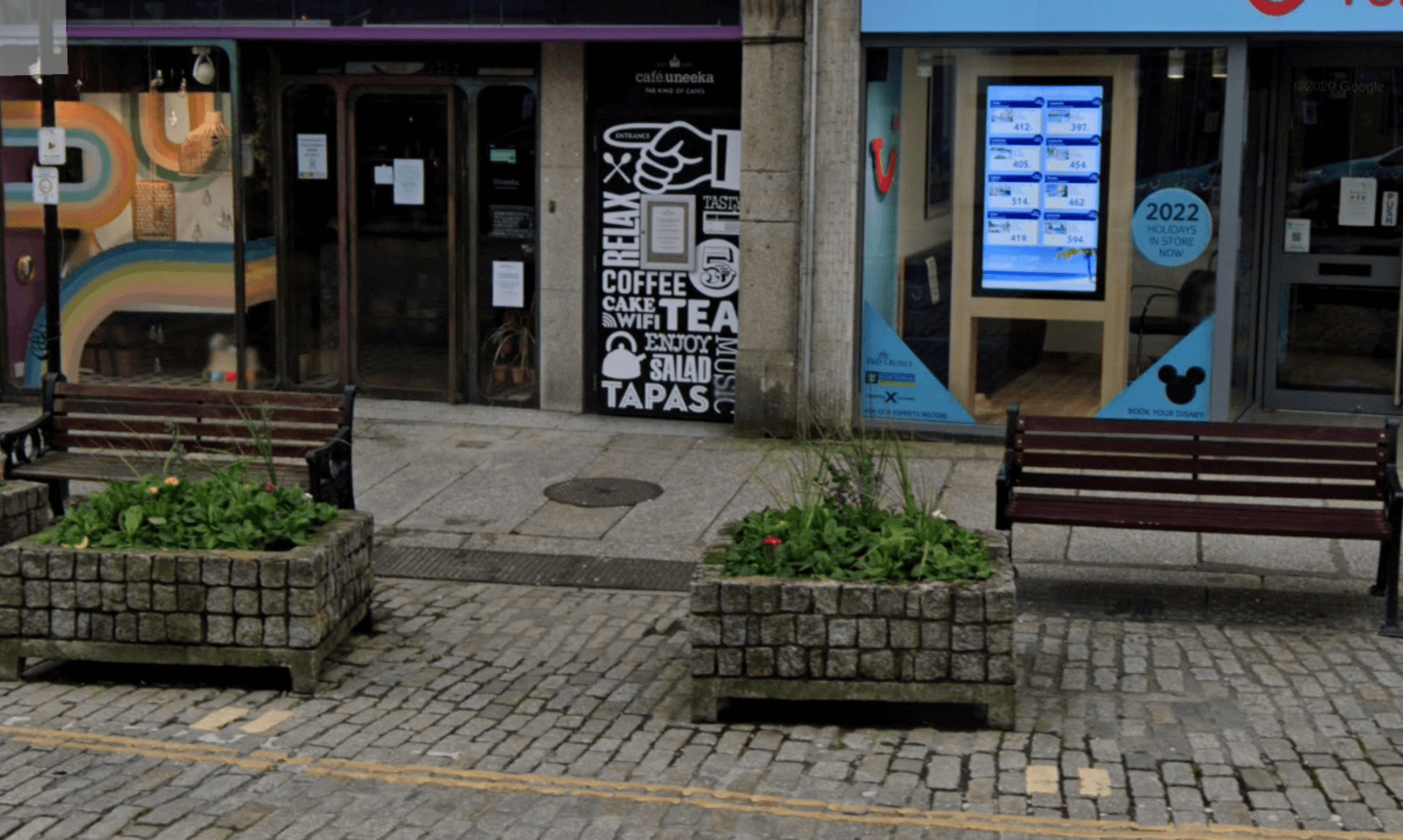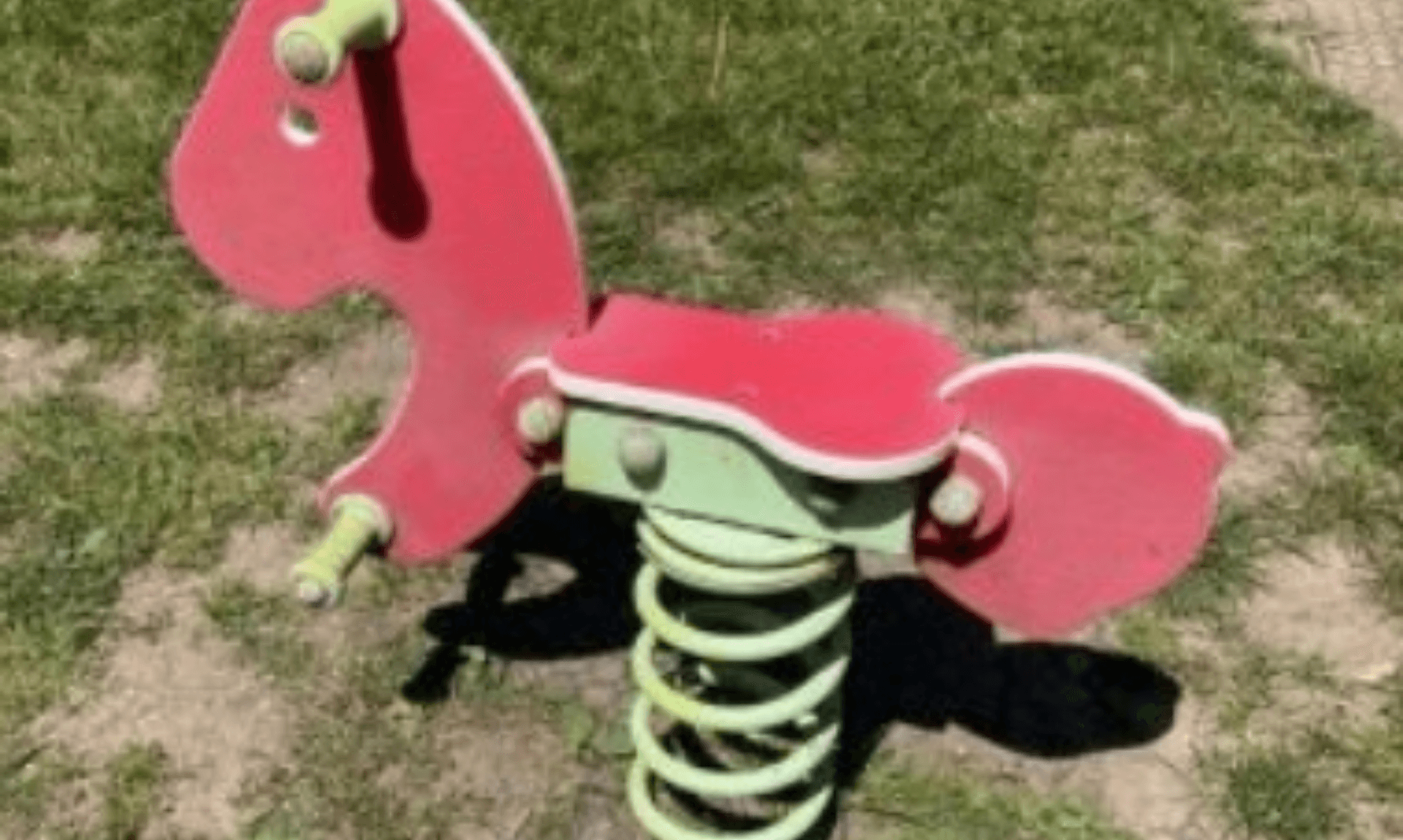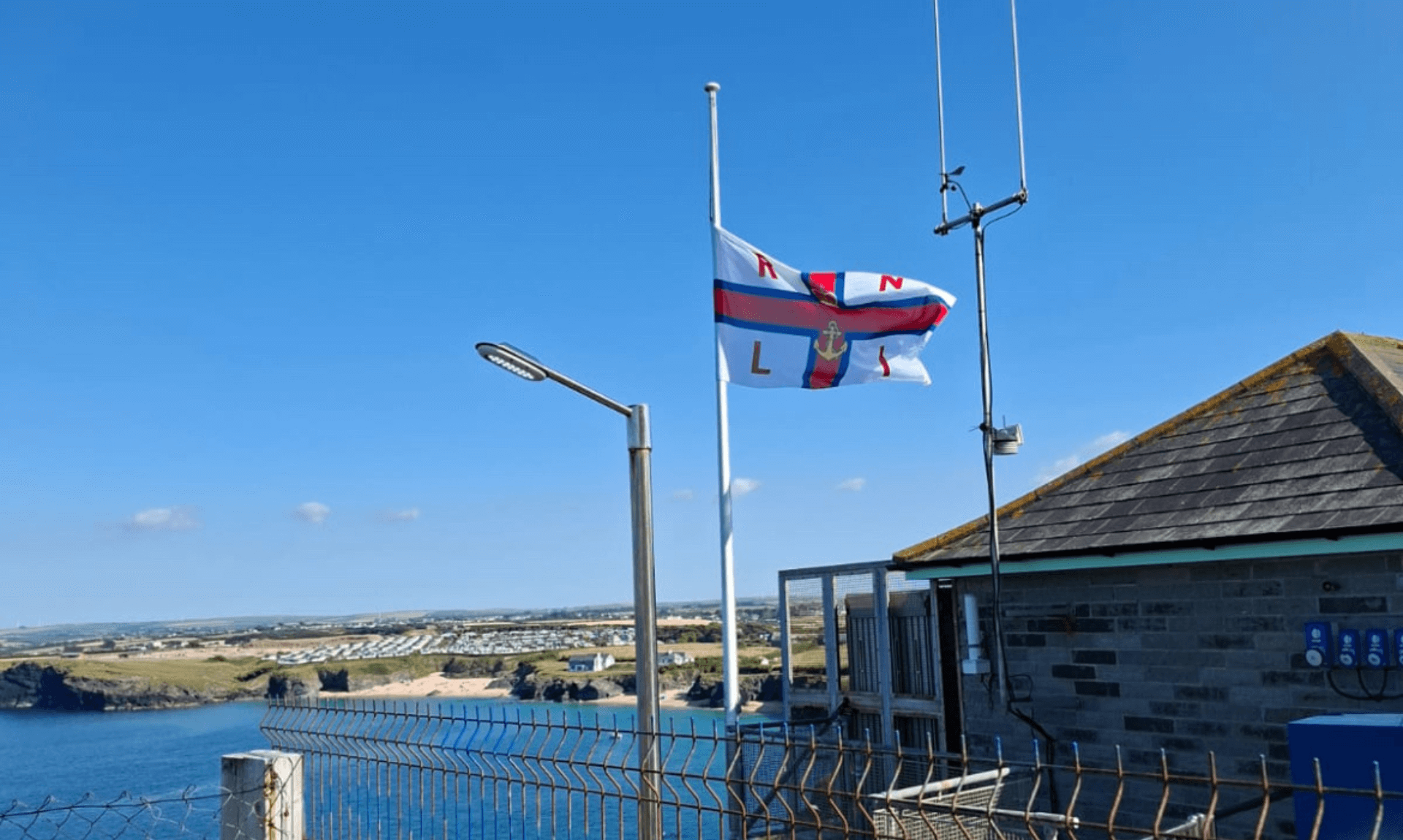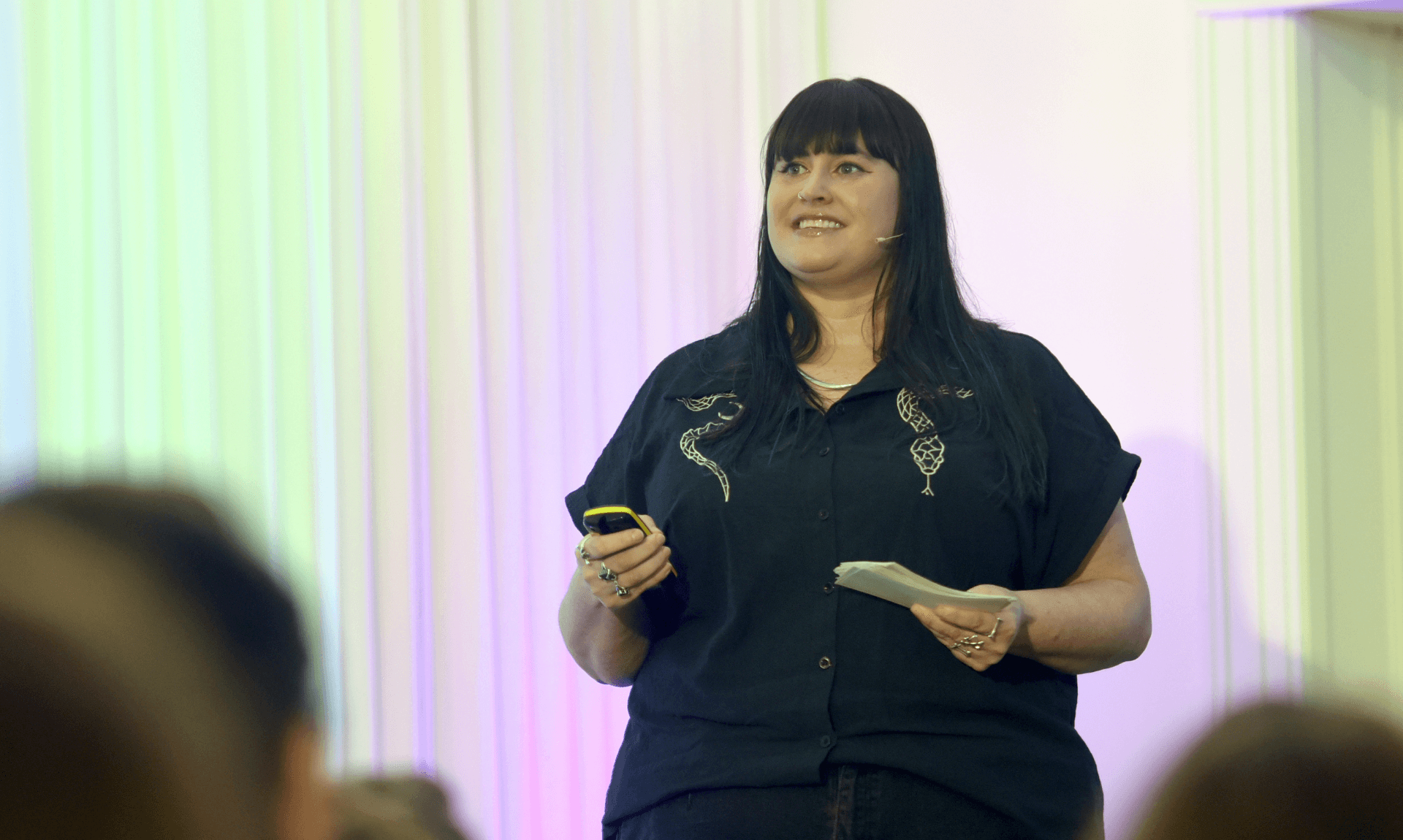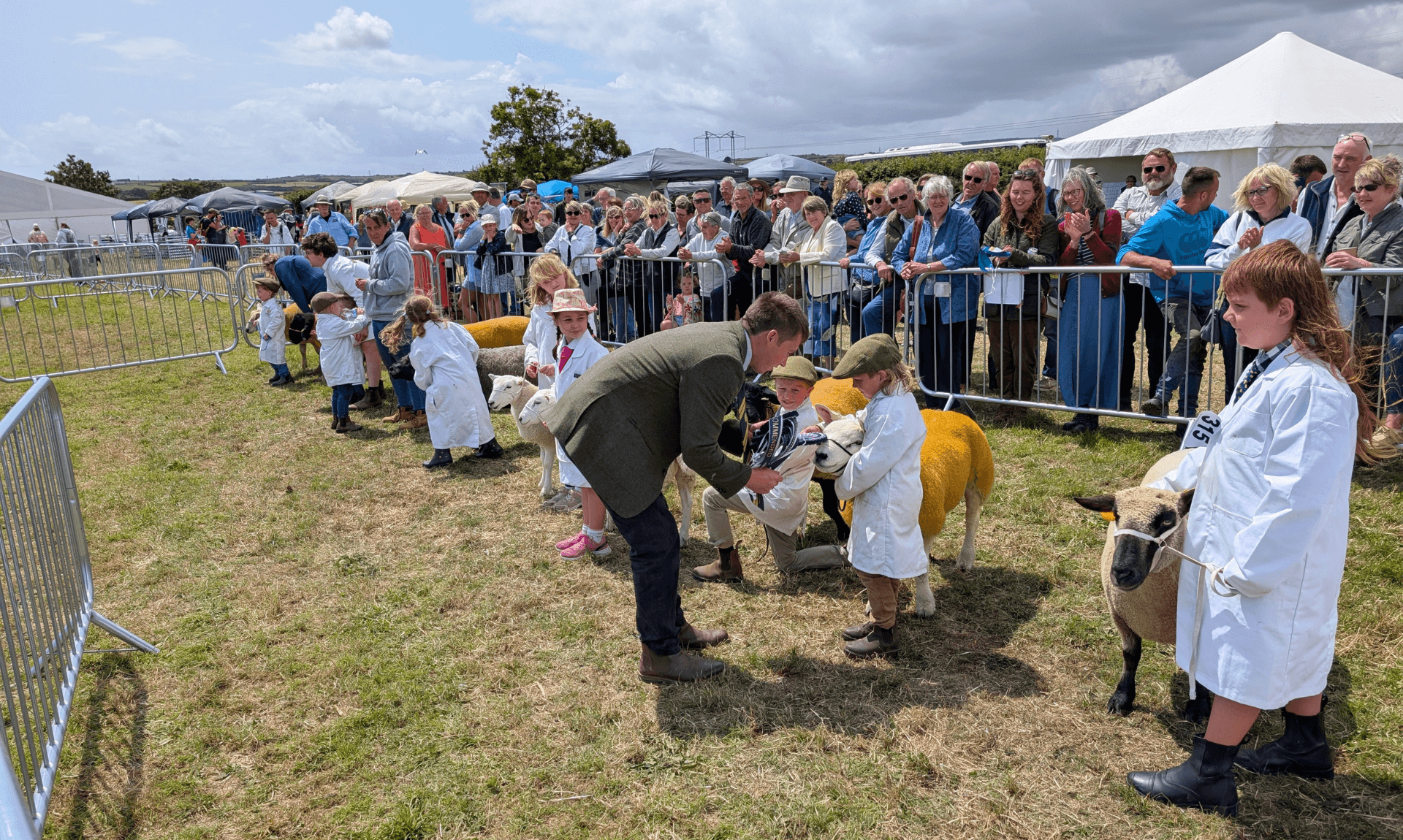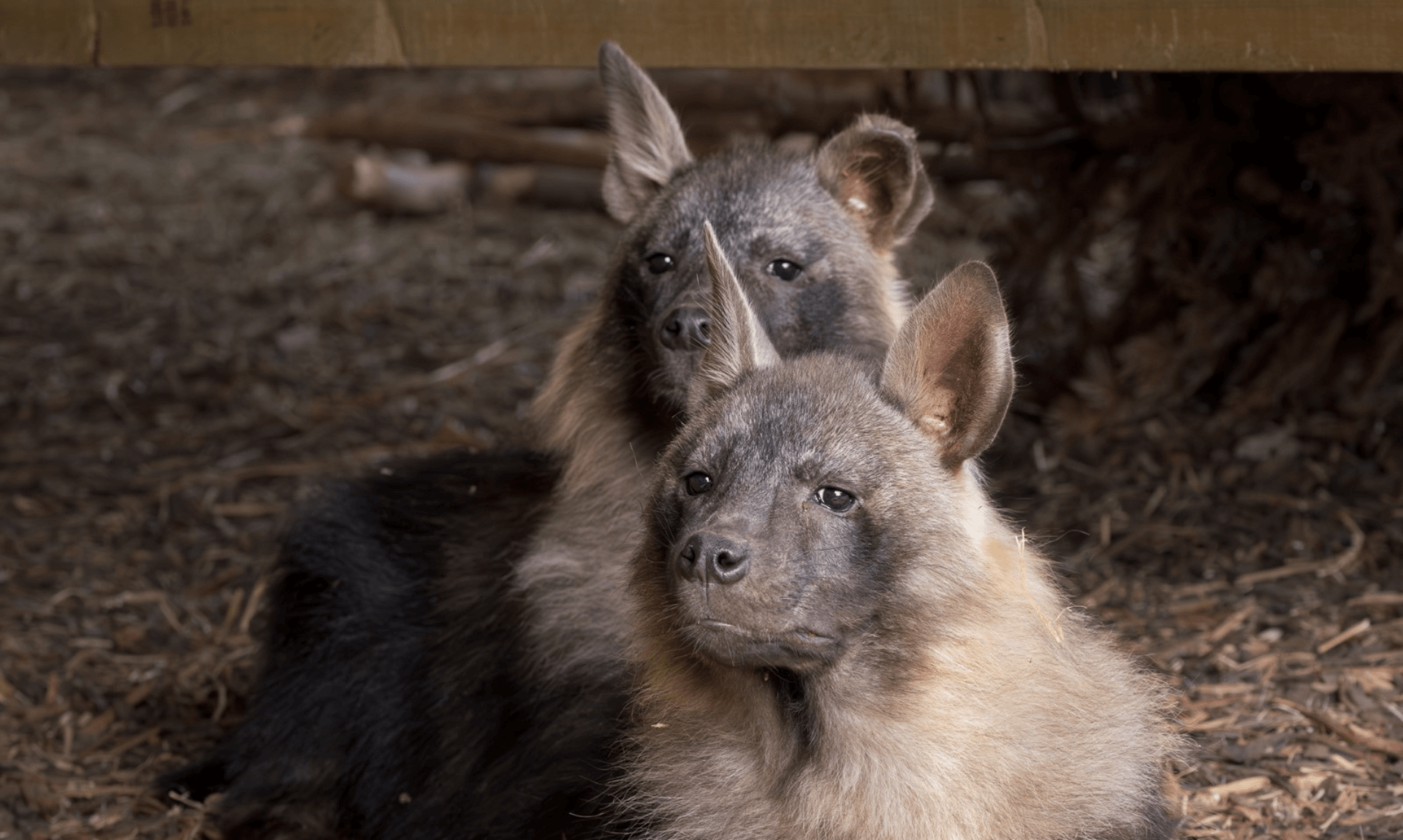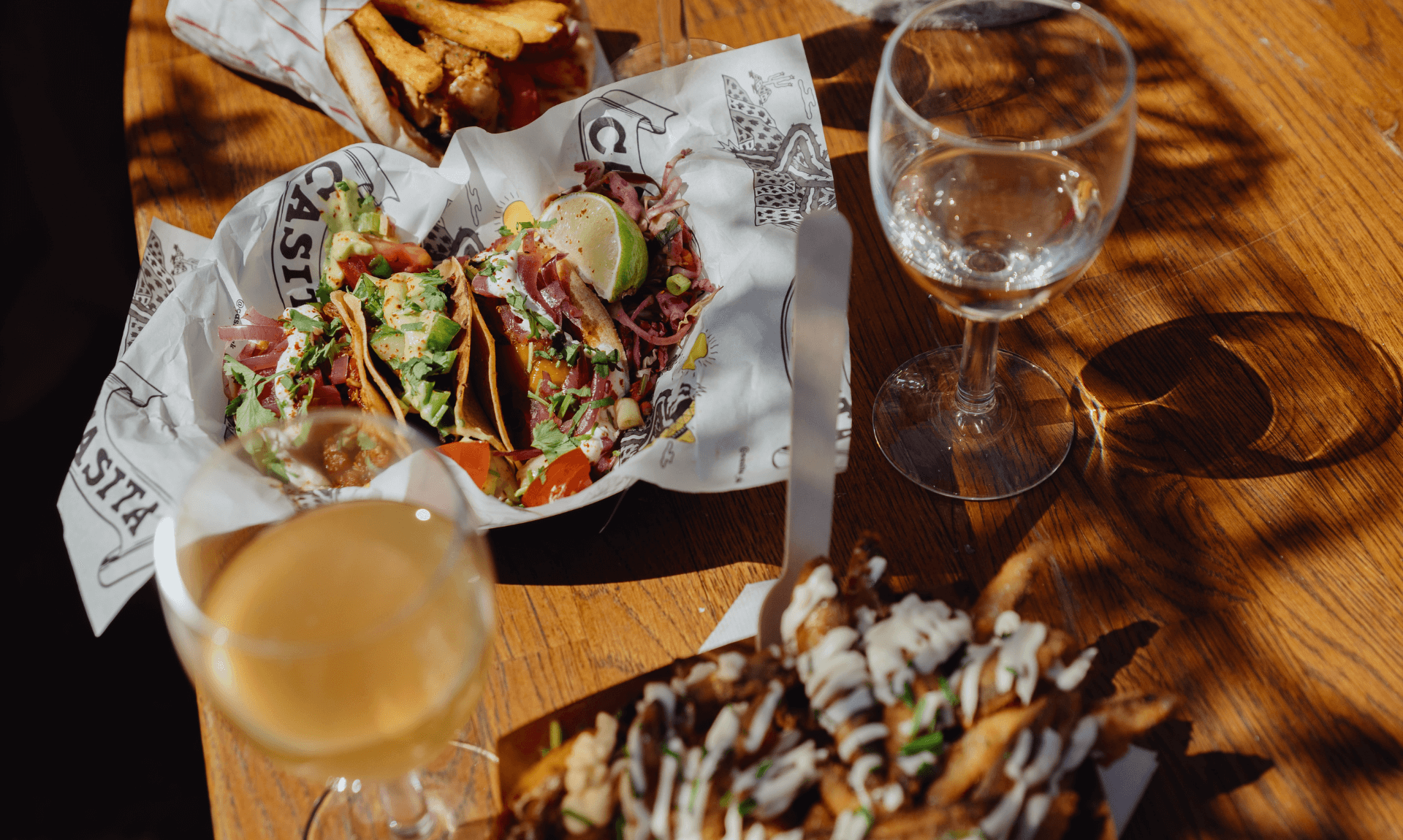Cornwall Blood Donors Helping NHS Patients with Lifesaving Plasma Medicines
For the first time in 25 years, NHS patients are receiving lifesaving medicines made from the plasma of blood donors in Cornwall. This major milestone reduces reliance on imported plasma medicines and strengthens the NHS’s ability to support patients with life-limiting immune deficiencies.
Plasma Donations Now Transforming NHS Care
Plasma, which makes up 55% of human blood, is vital for creating medicines that help stabilise or strengthen the immune system. The most critical of these is immunoglobulin, used to treat conditions where the body struggles to fight infections. In Cornwall alone, hundreds of patients rely on this treatment each year. The Royal Cornwall Hospitals NHS Trust treated 83 patients with immunoglobulin in the last published year.
Over the past three years, plasma has been separated from blood donations across Cornwall and England, stored, and then turned into medicine through an extensive manufacturing process. Now, the first patients are finally receiving these treatments.
Cornwall’s Blood Donors Making a Difference
Blood donors in Cornwall have supplied around 5,000 litres of plasma in the past two years, enough to create approximately 2,200 treatments and help save or improve around 60 lives annually.
Across England, around 17,000 people rely on immunoglobulin each year, while many more depend on albumin – another plasma medicine used in childbirth, trauma, and liver condition treatments.
A Solution to Global Plasma Shortages
The news comes amid a global shortage of plasma medicines. Due to past concerns over Variant Creutzfeldt–Jakob disease, the NHS has long relied on imported plasma. With this new supply, the NHS can bolster its stock, reducing vulnerability to supply chain disruptions and price spikes.
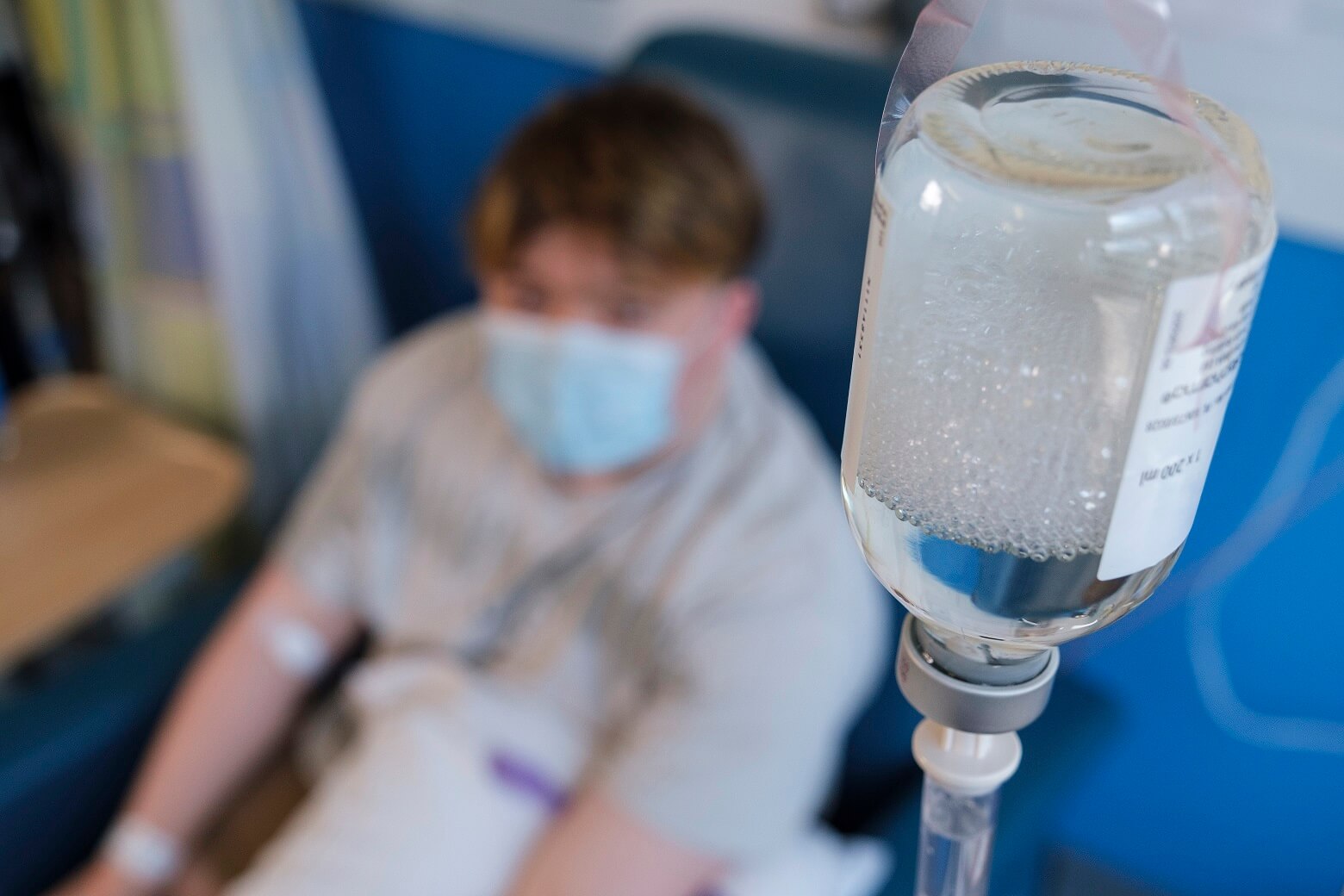
Photo: Joe Keary, a patient at the Royal Liverpool University Hospital receiving plasma
How to Donate Plasma
People in Cornwall can contribute in two ways:
- Blood donation – When you give blood, your plasma may also be used to create lifesaving treatments.
- Plasma donation – Available at specialist centres in Birmingham, London, and Reading, plasma donations can provide up to 700 millilitres at a time.
Daniel Cooper, NHSBT Assistant Director for Blood Donation Operations, said:
“Thanks to our amazing blood and plasma donors in Cornwall and across England, for the first time in a quarter of a century, patients are now receiving plasma medicines made from donations taken in England.
“We need more blood donors to help make more of these medicines and build UK self-sufficiency. Your donation is now helping save lives in new ways. Go to blood.co.uk to become a donor.”
Dr Susan Walsh, Chief Executive Officer of Immunodeficiency UK, described the development as a “historic moment,” urging people in Cornwall to consider blood donation:
“Your red blood cells will be used as normal. But now the blood plasma can also help vulnerable people with immune disorders.”
Sign Up to Help Save Lives
With demand for plasma medicines growing, the NHS is calling for more donors. To find out how you can donate, visit www.blood.co.uk.
Share This Story, Choose Your Platform!
To keep up with the latest cornish news follow us below
Follow CornishStuff on Facebook - Like our Facebook page to get the latest news in your feed and join in the discussions in the comments. Click here to give us a like!
Follow us on Twitter - For the latest breaking news in Cornwall and the latest stories, click here to follow CornishStuff on X.
Follow us on Instagram - We also put the latest news in our Instagram Stories. Click here to follow CornishStuff on Instagram.
You Might Also Be Interested In
Latest News In Cornwall
Daily Cornish news by email
The latest daily news in Cornwall, sent direct to your inbox.

